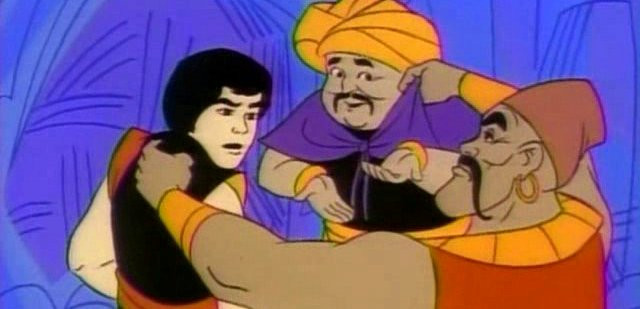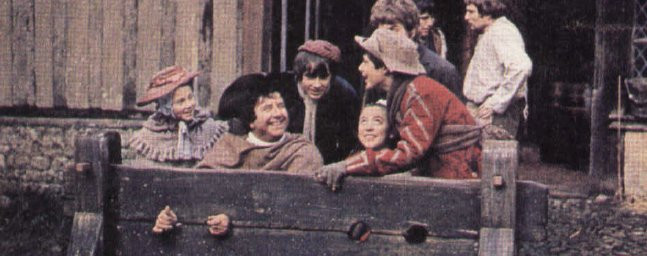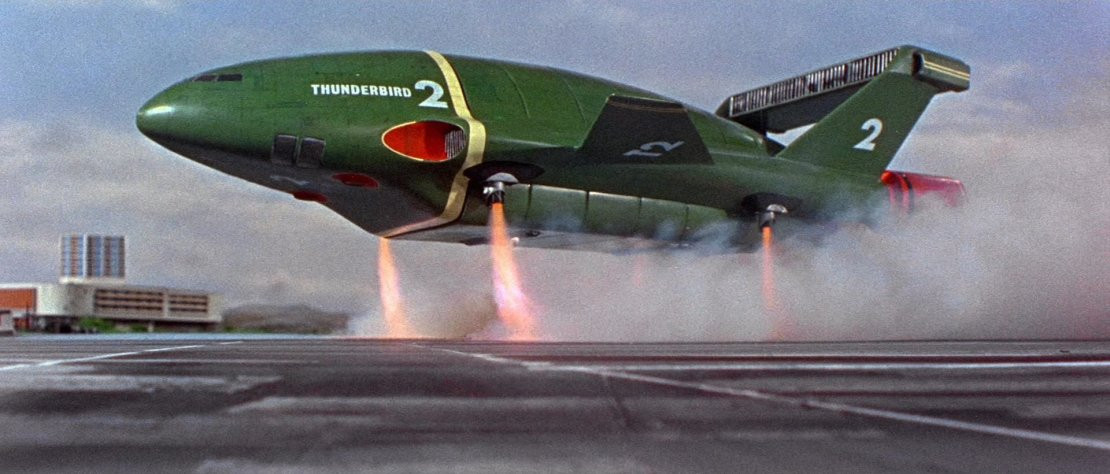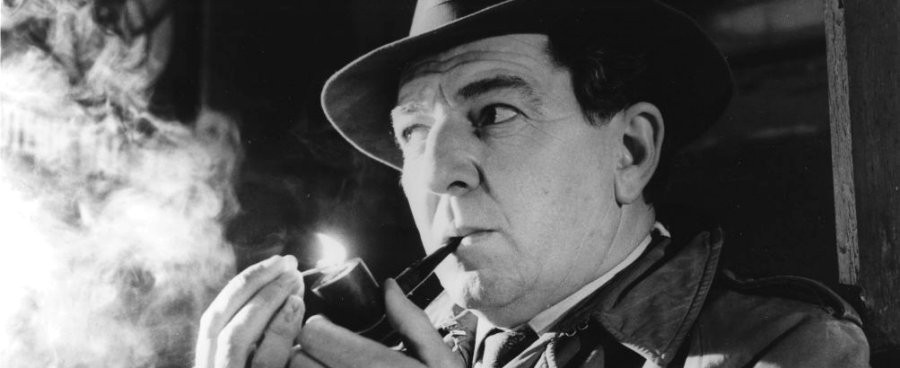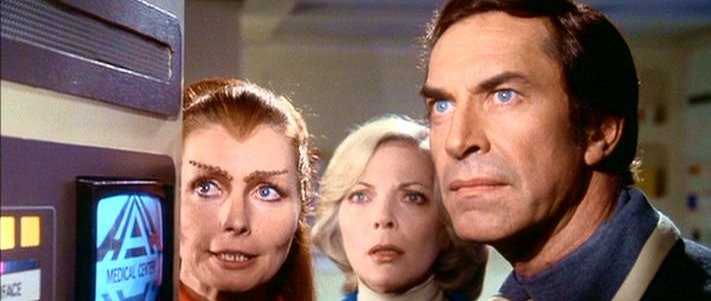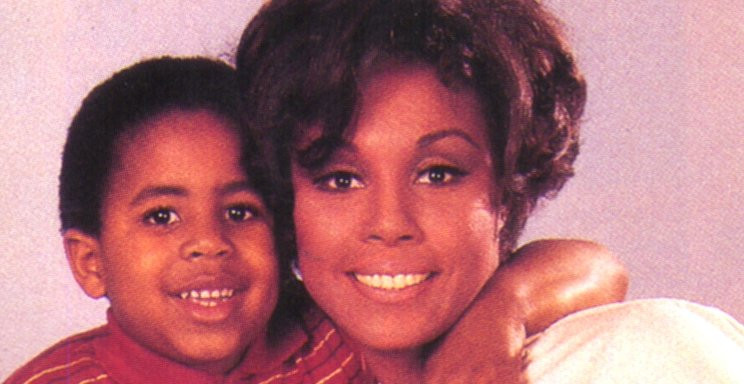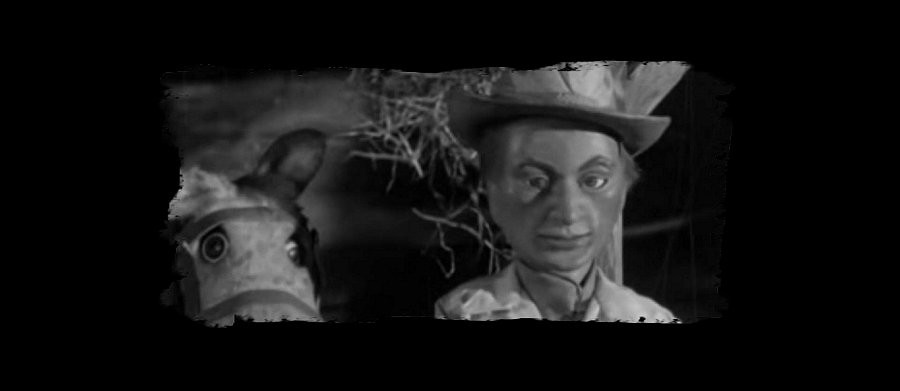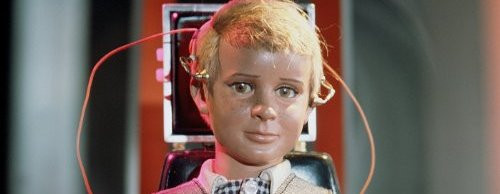
Joe 90
1968 - United KingdomJoe 90 marked a notable turning point in the Supermarionation saga of Gerry Anderson, signalling both an evolution in aesthetic style and a shift in narrative tone. As Anderson’s ninth consecutive puppet series, and the sixth under the Supermarionation banner, it followed in the footsteps of Captain Scarlet and the Mysterons, continuing the move towards more realistic character design and subtler storytelling. Gone were the flamboyant vehicles and large-scale heroics of Thunderbirds and Stingray; in their place came the compact espionage escapades of an unlikely protagonist: a bespectacled nine-year-old boy.
That boy was Joe McClaine, the adopted son of Professor Ian McClaine, a pioneering electronics genius responsible for the BIG RAT (Brain Impulse Galvanoscope Record And Transfer)—a rather mouthful of a machine capable of recording and transferring expert brain patterns into another person. With the encouragement of Shane Weston of the World Intelligence Network (WIN), Professor McClaine begins using his son as a pint-sized operative, transferring into him the specialist knowledge of highly trained professionals and dispatching him on delicate missions across the globe. Thus, Joe becomes WIN's so-called “Most Special Agent”.
The transformation sequence itself became an iconic motif of the series, with Joe seated in a specially designed chair that would ascend into the revolving BIG RAT chamber. Once the data tape was run and Joe’s mind had been infused with the necessary expertise, he’d don his signature 'electrode glasses', activating the newly acquired skills. Over 30 episodes, Joe embodied roles as varied as astronaut, brain surgeon, aquanaut, and racing driver — a concept as imaginative as it was implausible, even by Anderson standards.
Vocally, the series benefited from strong vocal performances, notably Rupert Davies, best known as TV’s original Maigret, and Keith Alexander, who had voiced another puppet icon, Topo Gigio. However, despite the high production values and technical innovation that characterised all of Anderson’s work, Joe 90 struggled to strike the same chord with adult viewers as its predecessors had. Its overt focus on a child protagonist, though intended to appeal to younger audiences, may have alienated those who had come to expect the broader family appeal and high-stakes drama of Thunderbirds or Captain Scarlet.
Joe 90 remains a curious entry in the Anderson canon — visually refined, conceptually bold, yet emotionally somewhat hollow. While it certainly carries the polish and ingenuity of its stablemates, it lacks the enduring gravitas and cultural impact that made earlier series classics of their kind. For die-hard fans, it’s an intriguing experiment in the Supermarionation legacy; for others, it may feel like a footnote to greater glories.
Seen this show? How do you rate it?
Seen this show? How do you rate it?
Published on December 28th, 2018. Written by Marc Saul for Television Heaven.


